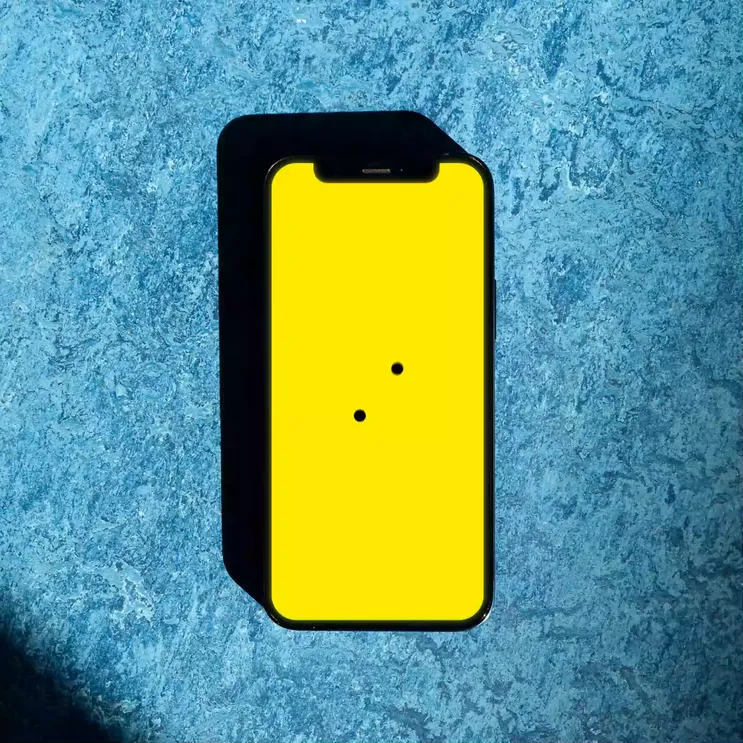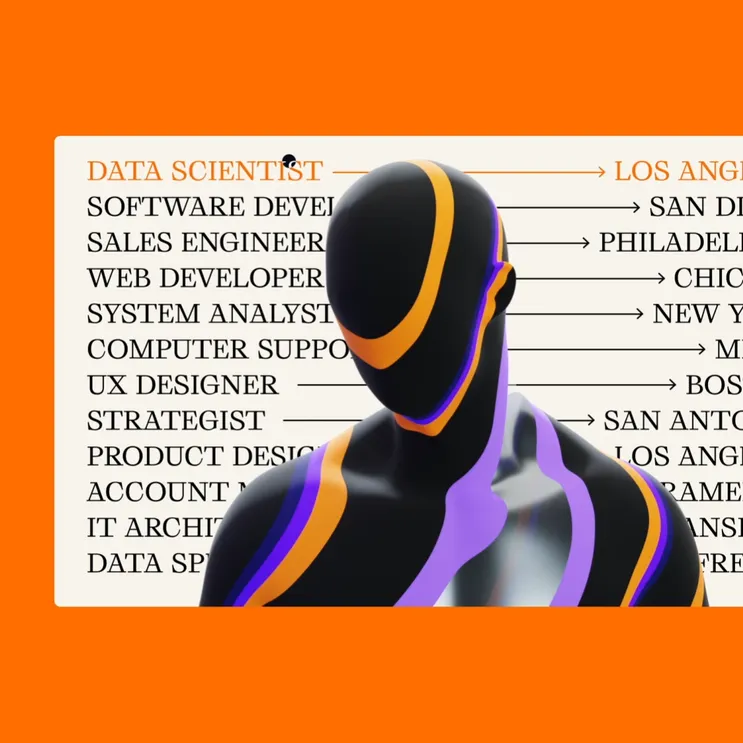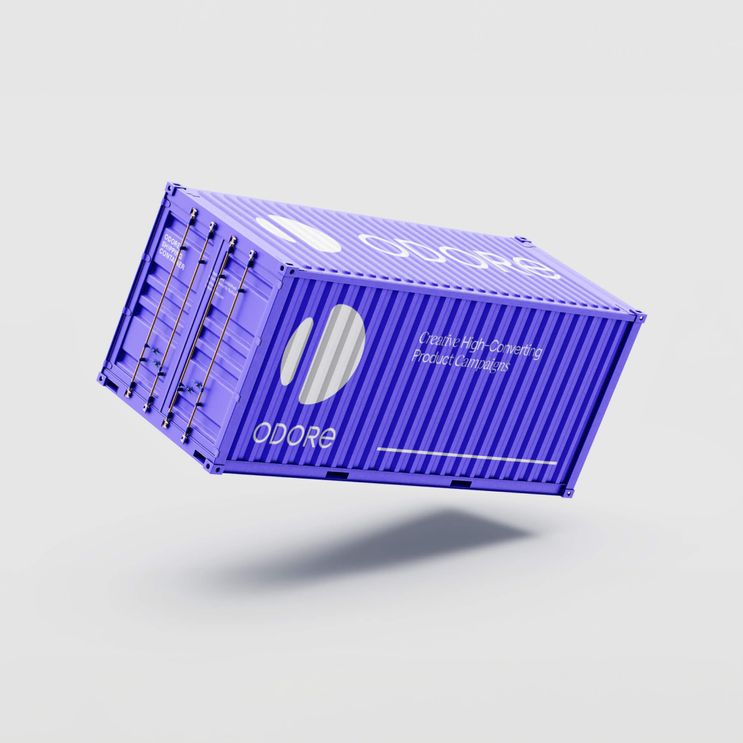Growth
4 min read
Brand Names: Hilarious Cross-Cultural Marketing Mishaps
Ever heard of the phrase “lost in translation”?
In the world of international marketing, getting lost in translation can lead to some incredibly amusing, yet costly, blunders.
Here we’re going to dive into five instances of branding mishaps, where famous brands have stumbled over the linguistic and cultural hurdles of the global market.
Buckle up and get ready for a chuckle!
1. Ford Pinto in Brazil
When Ford introduced the Pinto in Brazil, they were puzzled by the lack of interest from consumers.
The American automotive giant had failed to realise a crucial linguistic nuance: In Brazilian Portuguese, “Pinto” is slang for “tiny male genitals”.
Brazilians weren’t too thrilled about driving a car with such a name. After this embarrassing revelation, Ford quickly rebranded the vehicle as Corcel, which means “stallion” — a far more appealing and masculine name!
2. HSBC Bank: Do Nothing Campaign
HSBC Bank is one of the world’s largest banking and financial services organisations.
However, its vast experience didn’t save it from making a $10 million mistake. In 2009, HSBC launched a campaign with the tagline “Assume Nothing”.
Unfortunately, in many countries, this was mistranslated as “Do Nothing”. HSBC ended up rebranding to “World’s Local Bank” to rectify its gaffe and to better communicate their intention of providing tailored services to each locale.
3. Schweppes Tonic Water in Italy
Schweppes, a British brand famous for its ginger ale and tonic water, had a fizzy misstep in Italy.
When launching their tonic water there, it was mistakenly translated into “Schweppes Toilet Water”.
Italians were left bemused, and sales, as you can imagine, took a hit. The company had to embark on a costly rebranding exercise to clear up the confusion and assure Italians they weren’t selling bathroom products!
4. Pepsi Brings Your Ancestors Back to Life in China
In an attempt to penetrate the Chinese market, Pepsi launched an advertising campaign with the slogan “Pepsi Brings You Back to Life”.
However, the phrase was misinterpreted in Chinese, translating to “Pepsi Brings Your Ancestors Back from the Grave”.
While the message was certainly intriguing, it wasn’t the refreshing image Pepsi intended to project. The soda giant had to scramble to correct the slogan and restore its brand image.
5. KFC Makes You a Cannibal in China
KFC is another American brand that had a fowl faux pas in China.
When they entered the market, their famous slogan “Finger Lickin’ Good” was mistranslated into something that roughly meant “Eat Your Fingers Off”.
Chinese consumers were understandably taken aback by this gory proposition. Thankfully, KFC was quick to rectify the error, and has since become one of the most popular fast-food chains in China.
Wrapping Up
These cross-cultural marketing mishaps serve as both a source of entertainment and a cautionary tale.
They remind us of the importance of cultural awareness and sensitivity in our increasingly globalised world. Even though a brand name or slogan may work perfectly in one language, it’s crucial to ensure it won’t fall flat – or worse, offend – in another.
So, next time you’re planning a global marketing campaign, remember to double-check (maybe even triple-check!) your translations.
You wouldn’t want to end up selling toilet water or advocating cannibalism, would you? Happy marketing!























